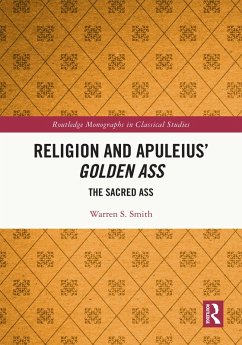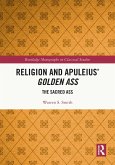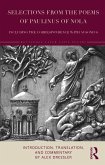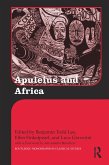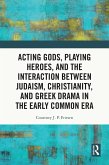Dieser Download kann aus rechtlichen Gründen nur mit Rechnungsadresse in A, B, BG, CY, CZ, D, DK, EW, E, FIN, F, GR, HR, H, IRL, I, LT, L, LR, M, NL, PL, P, R, S, SLO, SK ausgeliefert werden.
"S.'s book is the fruit of a life-long study of The Golden Ass and it is an excellent read. Moreover, it offers a new perspective not only on the relationship between Apuleius and early Christianity, but also on how the pagan elite was perceiving the new religion and reacting to it." - Censurae Librorum

